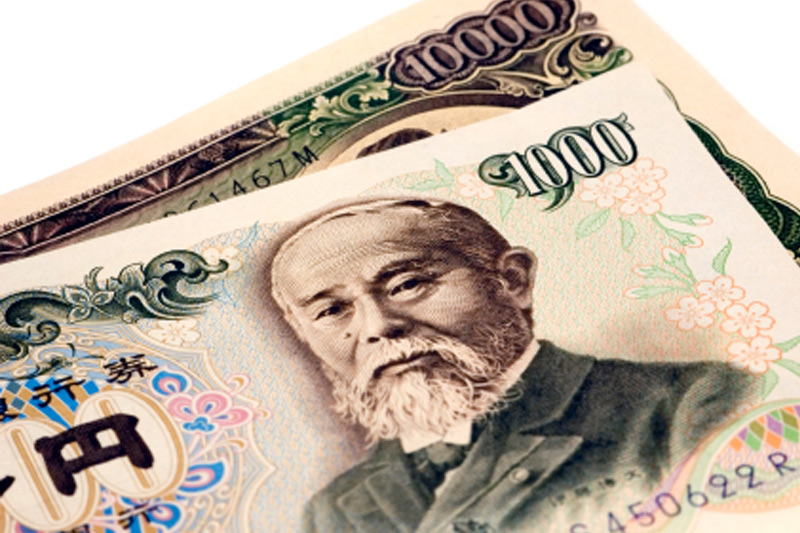
By Yasin Ebrahim
Investing.com -- The yen suffered a rout against the dollar Friday and now is likely staring down the barrel of more pain after Bank of Japan Governor-in-waiting Kazuo Ueda torpedoed bets for a policy pivot under his regime and backed the central bank's current dovish monetary policy measures amid expectations that four-decade high inflation isn’t likely to stick around for very long.
USD/JPY jumped 1.3% to 136.49 on Friday.
“Unless Ueda comments are significantly different to today, the stage appears set for the JPY to re-weaken further in the week ahead up towards the 200-day moving average at around the 137.00-level,” MUFG said Friday, just days ahead of Ueda testimony before the Upper House of parliament on Monday.
At his confirmation hearing on Friday, Kazuo Ueda signaled that he was in no rush to abandon the BoJ’s yield curve control -- designed to keep Japanese government bond yields capped at a defined target level -- and added that it was appropriate to stick with BoJ’s dovish monetary policy measures.
Ahead of his hearing, some market participants had high hopes that Ueda would follow up outgoing BoJ governor Haruhiko Kuroda’s recent tweaks to the central bank’s yield curve control program with a hawkish pivot.
Earlier this year, Kuroda, whose term ends in April, said the BoJ would allow its 10-year Japanese government yields to rise as much as 50 basis points, or 0.5%, up from a previous cap of 0.25bps, stoking debate on whether the move would mark a regime shift for the dovish-leaning BoJ.
“Our colleagues in Tokyo judged that Ueda’s key views on economic conditions, the inflation outlook, the current monetary policy stance and transmission mechanism all differed little from those of Kuroda,” Daiwa Capital Markets said in a note.
Ueda suggested that another “clear step up” in the inflation outlook would warrant a rethink of yield curve control or return to normal policy. But added that inflation, which is rising at its fastest pace since September 1981, had likely peaked, and would take “some time” to reach the BoJ’s 2% target.
The BoJ governor nominee said the run-up in inflation is driven by "cost-push" factors -- including rising import prices that would prove temporary -- rather than strong demand.

